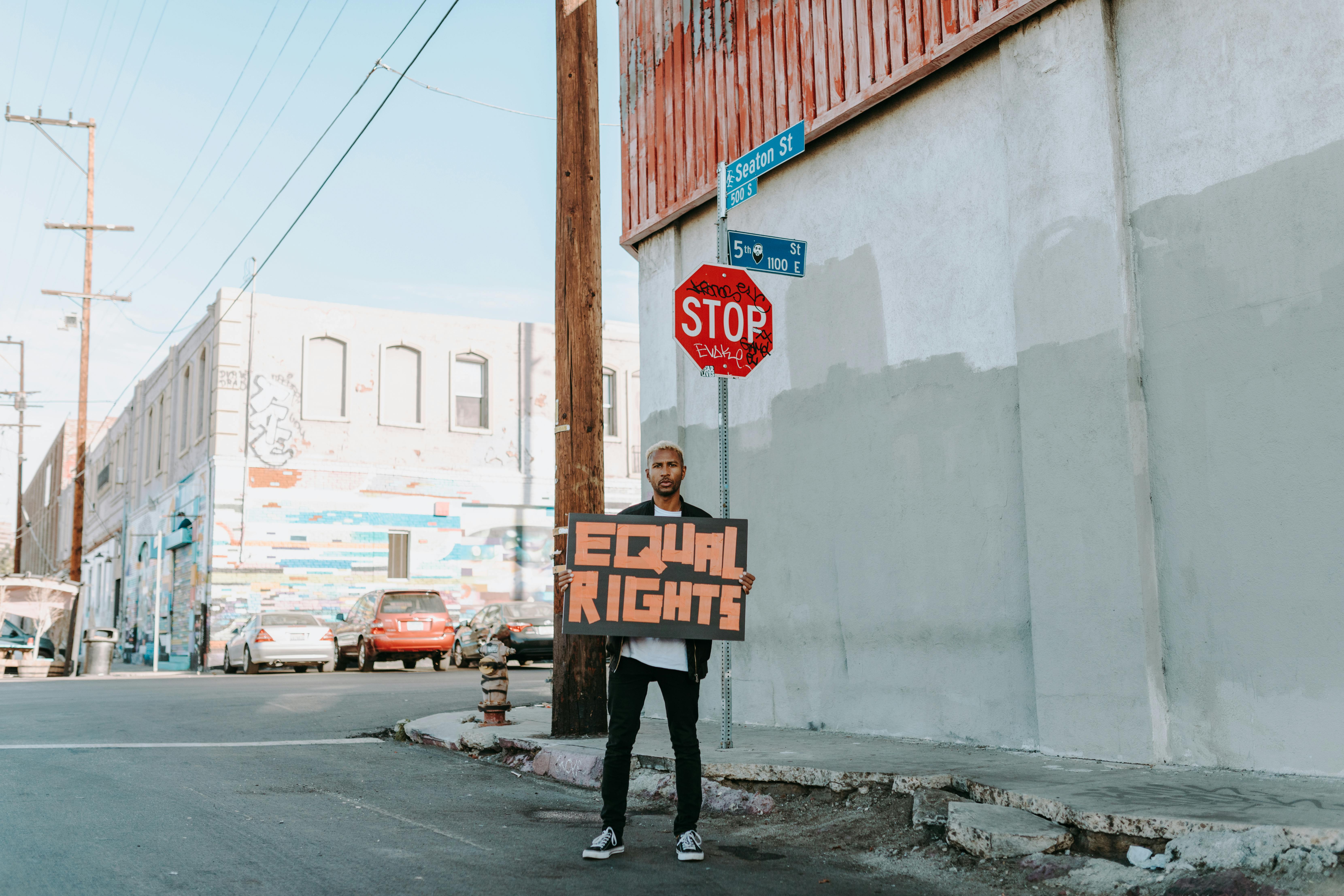Why are volunteer fire departments able to get low-interest, tax-free loans?
IRS laws provide a nice benefit for volunteer fire departments. Provides the ability to borrow money at low, tax-free interest rates, just like your local government. But the IRS has some rules to follow in exchange for providing this benefit and these rules must be followed in order for you to “qualify” as a tax-exempt borrower.
What are the rules volunteer fire departments must follow to comply with IRS rules?
- You must provide fire suppression service to a political subdivision that is not protected by another fire department.
- You must provide this service under a written agreement.
- You must use the borrowed money for a fire truck or fire station.
- You must have a public hearing to indicate that you are issuing tax-exempt debt (including placing legal notices in your local newspaper to announce the date, time, and place of the public meeting to the public).
- The political subdivision must sign a document stating that you are borrowing tax-free money and approving its use to provide firefighting services in accordance with the written agreement.
- If you put the funds into the fire truck construction pending escrow (which is very common), you must follow the rules governing the use and return of those funds.
- You must file an appropriate form (for example, IRS Form 8038G or 8038GC) with the IRS to notify the IRS that the transaction is tax-free.
- There are a number of other rules and regulations to follow, such as how you must use the fire truck for a public benefit or purpose, among others.
What bad things can happen if IRS rules are not followed?
Failure to follow these rules may result in the IRS “rejecting” your tax-exempt financing. If this happens, you may be forced to pay large penalties and taxes to the IRS. In addition, your financing will likely return to a taxable interest rate (typically 3% higher) and you will be required to pay taxable interest in arrears. These can cost tens of thousands of dollars for the average fire truck.
This is why.
First, the IRS will penalize you for not following the rules. The rules are in place to ensure that only volunteer fire departments that are legally entitled to borrow at these special, low, tax-exempt interest rates receive this benefit. The rules are in place to provide a check and balance system that you are the community fire department, that you provide an essential government function for the community, and that the local political subdivision and community are aware of what you are doing .
Second, the bank’s contract will typically require you to certify that you will follow IRS rules, and if the IRS declares you unqualified, the interest rate will revert to the taxable interest rate. This means that you will pay a higher taxable interest rate in the future, but you will also be responsible for any additional taxable interest payments in the past, from the beginning of the loan.
This is why:
The bank can offer you a low, tax-free interest rate because the bank does not have to pay income taxes on the interest you pay them. Since this large cost (taxes) does not need to be paid, the bank can accept a much lower interest rate from a qualified volunteer fire department. Therefore, if your financing is not allowed, the interest becomes taxable to the bank and it will pay approximately 33% of the interest income to the IRS for taxes on the now taxable interest. The bank cannot absorb this large cost, so their contracts include provisions to compensate the bank if the loan is found to be taxable. These provisions include being able to charge you the additional interest to cover the income taxes you now owe.
So how can a volunteer fire department ensure that it will comply with all the IRS rules?
First, it’s important to understand the rules if you want to get the tax-free, low interest rate benefit available to you. Enlist the help of your legal or accounting professional to guide you through this exact and complex process if you feel you do not have a firm understanding of all the requirements.
Second, make sure the bank you choose has the experience to help you with this type of transaction. Remember, even if the bank makes a mistake, the IRS will contact you and impose penalties on you as the borrower. The IRS sees you as the beneficiary of the rules and therefore you will be penalized if the rules are not followed.
The good news is that there are several companies in the US that specialize in funding volunteer fire departments. Ask the questions so that you feel comfortable that they can help ensure that you comply with IRS rules.
To deny:
The purpose of this article is to give you a general understanding of IRS rules and to help you ask the questions you think you need answered to qualify for this benefit. This article is NOT intended to be specific legal or accounting advice and is not a substitute for actual legal or accounting advice regarding your specific situation. Seek the help of professionals to get the help you need in this specific type of transaction for your specific situation.



